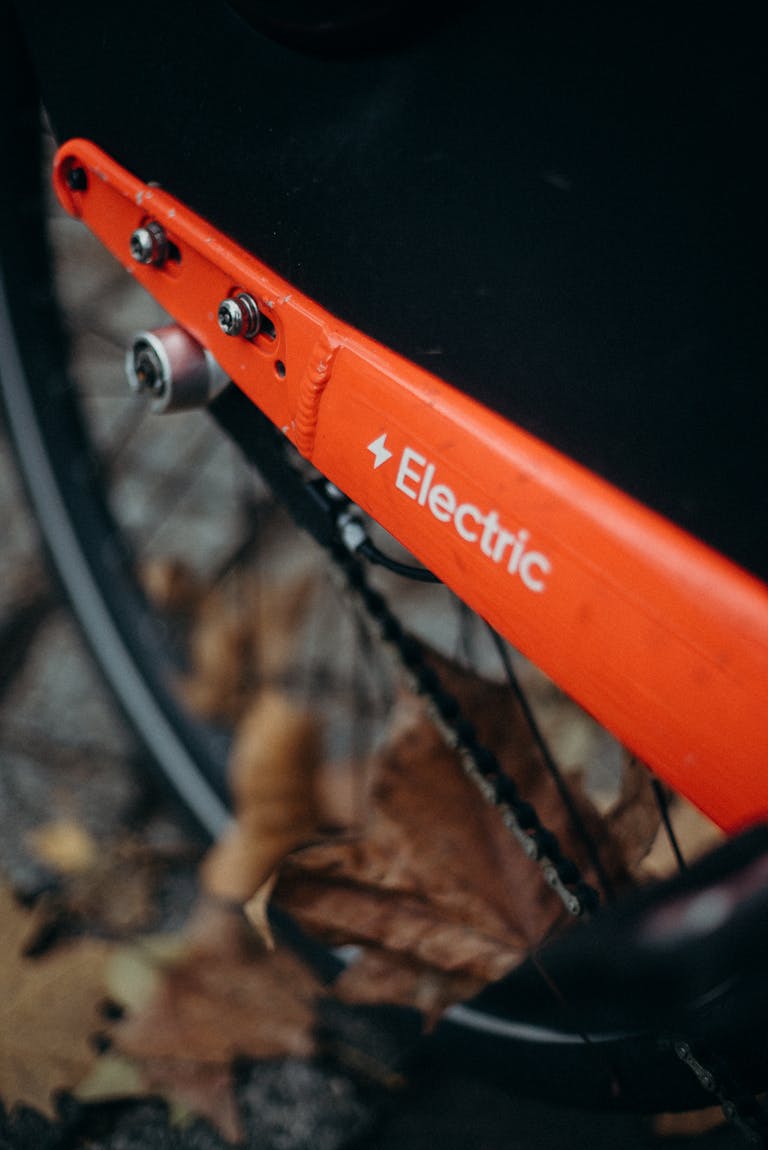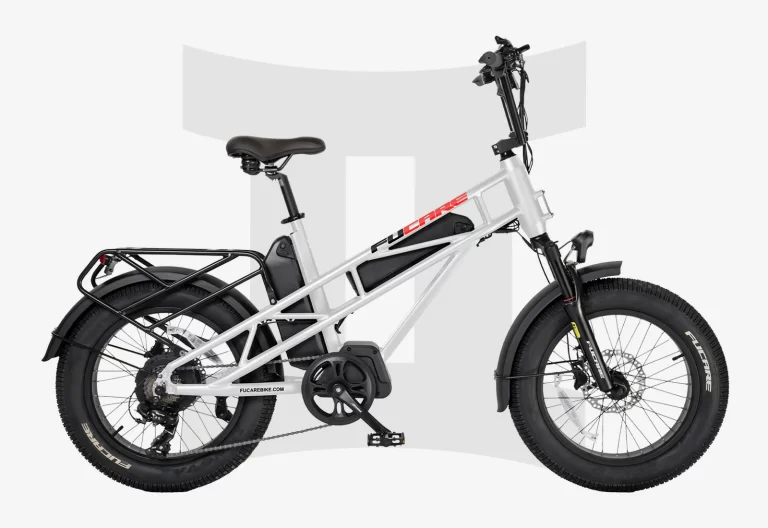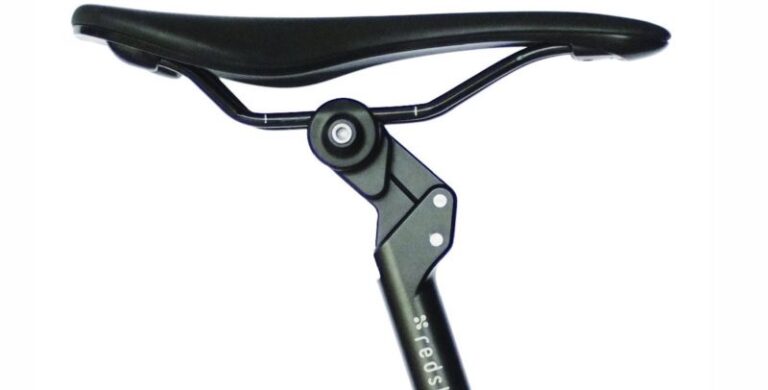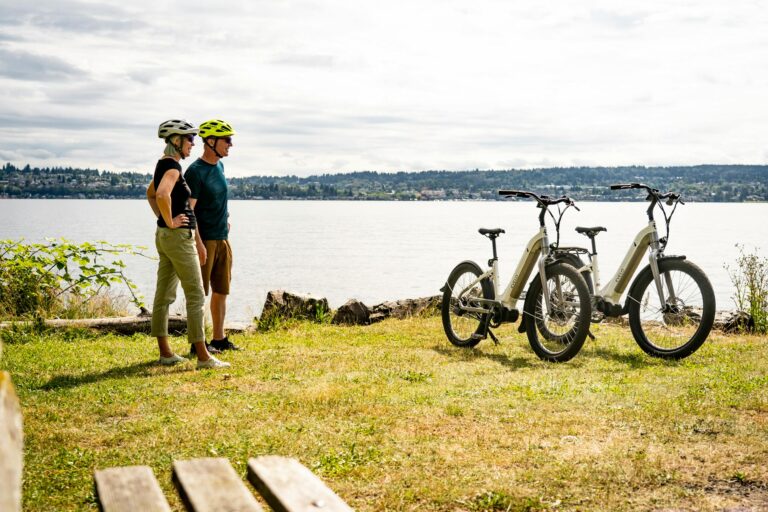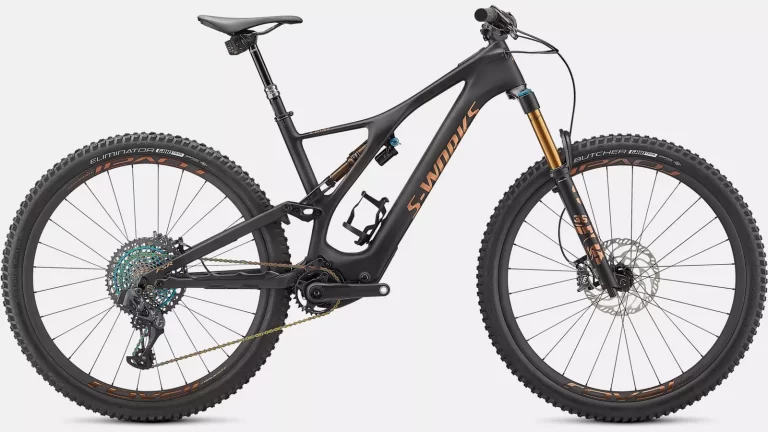Maximize Your E-Bike Savings: State-by-State Rebates Guide
Last Updated on August 2, 2024 by Kristina Grant
What Qualifies for the E-Bike Tax Credit?
To be eligible for the federal e-bike tax credit, your electric bike must meet the following criteria:
- Motor Power: Equipped with a motor that doesn’t exceed 750 watts.
- Bike Type: Classified as a Class 1, Class 2, or Class 3 e-bike. This means it must have pedals and assist your pedaling.
- Capacity: Designed to carry only one person.
The E-Bike Act Consumer Tax Credit Explained
Introduced in 2021, the E-bike Act offers a tax credit to encourage electric bike ownership and promote sustainable transportation. This credit covers up to 30% of the e-bike’s cost, with a maximum of $1,500 for bikes priced under $8,000.
- Individual Limit: The credit can be claimed once every three years.
- Joint Filers: Married couples can claim the credit twice within three years.
Federal vs. State Rebates
- Federal Rebates: While there has been significant discussion and proposed legislation for a federal e-bike tax credit, as of now, there is no active federal rebate program specifically for e-bikes. However, it’s essential to stay updated on potential changes in federal policies.
- State Rebates: The landscape of e-bike rebates varies widely from state to state. Some states offer substantial incentives, while others may have limited or no programs. These rebates can take different forms, such as direct cash rebates, tax credits, or vouchers.
Eligibility Criteria
Eligibility for e-bike rebates can vary depending on the specific program. However, common criteria include:
- Residency: Most rebate programs are restricted to residents of the specific state or region.
- Income: Some programs may have income eligibility requirements, targeting lower-income households.
- Bike Type: Certain rebates might be limited to specific types of e-bikes, such as cargo bikes or those meeting particular performance standards.
- Proof of Purchase: You’ll typically need to provide proof of purchase, such as a sales receipt, to claim the rebate.
RELATED CONTENT
State-by-State E-Bike Rebates and Incentives
While the federal tax credit provides nationwide benefits, many states offer additional incentives to encourage e-bike adoption. It’s essential to check your state’s specific programs, as eligibility, amounts, and availability vary widely.
Note: The following is a general overview of state-level incentives. Please verify the latest information for your specific state.
California: Offers multiple programs, including the California E-Bike Incentive Project and the Clean Vehicle Rebate Project, with varying rebate amounts and eligibility criteria.
Colorado: Provides rebates for low- and moderate-income residents, focusing on e-bike purchases and accessory equipment.
Connecticut: Recently introduced a voucher program offering $500 rebates, with additional funds for low-income residents.
Hawaii: Offers rebates or discounts on e-bikes for specific demographics, such as low-income individuals and students.
Illinois: Previously offered rebates through the Illinois Electric Vehicle Rebate Program, but the program is currently closed.
Maine: Introduced a bill for e-bike rebates, but the program is still under development.
Maryland: A bill for e-bike rebates is in the early stages of the legislative process.
Massachusetts: Enacted a bill for e-bike rebates with varying amounts for different income levels, scheduled for rollout in 2024.
Michigan: A bill proposing significant e-bike discounts is under consideration.
Minnesota: Planning to launch a progressive e-bike incentive program based on income, with a target launch date of 2024.
Nevada: Offers credits for EV charging stations and rebates for low-income EV buyers, which may indirectly benefit e-bike owners.
New Jersey: A bill proposing e-bike rebates is currently in the House.
Florida: Passed the Federal Electric Bike Incentive Credit Bill in 2023, allowing residents to claim a federal tax credit.
New York: Introduced a bill to expand the ‘Drive Clean’ program to include e-bikes, offering potential rebates.
Oregon: Proposed a rebate program with varying amounts for different income levels and offers additional rebates through utility programs.
Rhode Island: Provides e-bike rebates with higher amounts for low-income residents.
Vermont: Offers e-bike credits for eligible residents, with additional rebates available in specific cities.
Washington D.C.: Developing an electric bicycle incentive program with different rebate amounts for income levels.
FAQs
Yes, you can use the e-bike tax credit to purchase a conversion kit that transforms a traditional bicycle into an electric one. However, the credit only applies to the kit’s cost and has limitations based on the e-bike’s overall specifications
An e-bike rebate is a direct reduction in the purchase price of an electric bike, typically provided by a government agency. A tax credit reduces your tax liability by a specific amount, effectively lowering your overall cost.
It depends on the specific rebate programs. Some programs may allow you to combine rebates from different levels of government (federal, state, local), while others may have restrictions. It’s essential to read the terms and conditions of each program carefully.
Yes, many e-bike rebate programs have income eligibility requirements. These programs often target low to moderate-income households to make e-bikes more accessible.
Typically, you can purchase your e-bike from any authorized retailer to qualify for a rebate. However, some programs might have specific requirements, such as purchasing from a local bike shop.
The processing time for e-bike rebates varies depending on the program. It can take anywhere from a few weeks to several months. It’s essential to follow up with the rebate program if you haven’t received your rebate within the expected timeframe.
If you move to a different state after claiming an e-bike rebate, it generally doesn’t affect your eligibility. However, you might not be eligible for rebates in your new state if you’ve already claimed a rebate elsewhere.
As of now, there is no dedicated federal e-bike rebate program. However, there’s been ongoing discussion and proposed legislation regarding potential federal incentives for e-bikes.
Most e-bike rebate programs are specifically for the purchase of new electric bikes. However, some programs might offer incentives for used e-bikes, so it’s worth checking.
Conclusion
By taking advantage of available e-bike rebates, you can significantly reduce the cost of your electric bike and contribute to a greener future. Remember to thoroughly research rebate programs in your state, carefully review eligibility requirements, and submit complete applications to maximize your chances of success.
Ready to Ride and Save?
Explore e-bike rebates in your area by visiting these helpful resources:
By taking the time to understand and utilize e-bike rebates, you can enjoy the benefits of electric bike ownership while making a positive impact on the environment.
Kristina Grant is not just an enthusiast but a true authority on electric bikes. Nestled in the coastal beauty of Virginia, Kristina has found the perfect backdrop for her passion for electric biking. As a dedicated wife and homeschooling mom, her life revolves around family, faith, and the thrill of adventure.
Originally hailing from Ohio, Kristina's journey with electric bikes began as a curiosity and quickly evolved into a deep expertise. Her blog is a testament to her love for electric biking, combining her fascination for eco-friendly transportation with her coastal lifestyle.
When she's not cruising the beach on her electric bike, you'll find Kristina indulging in her other loves: long walks along the shore, getting lost in a good book, and cherishing moments with her loved ones. With a heart as big as her love for animals, especially cats, Kristina brings a unique perspective to the electric bike world, grounded in her strong faith in God and her dedication to a sustainable lifestyle.
Through her blog, Kristina shares her extensive knowledge of electric bikes, offering valuable insights, tips, and recommendations to fellow enthusiasts. Whether you're a seasoned rider or a newcomer to the electric bike scene, Kristina's blog is your go-to source for all things electric biking, fueled by her passion, expertise, and the scenic beauty of coastal Virginia.


